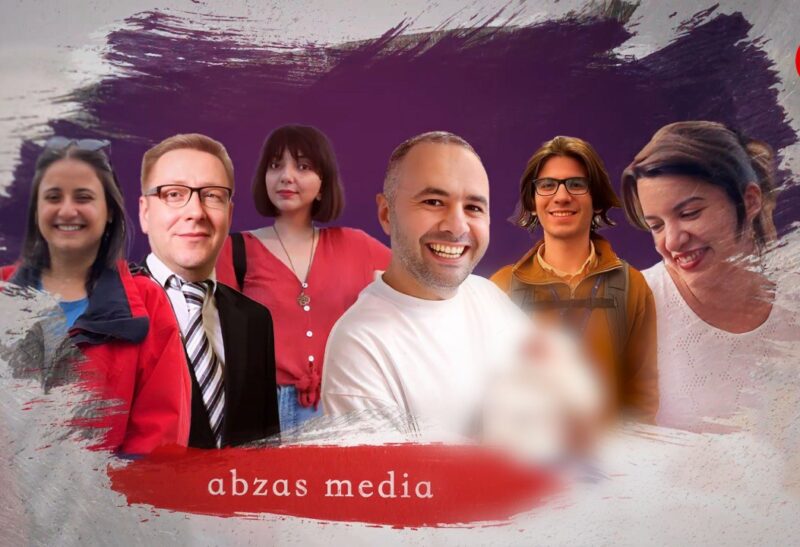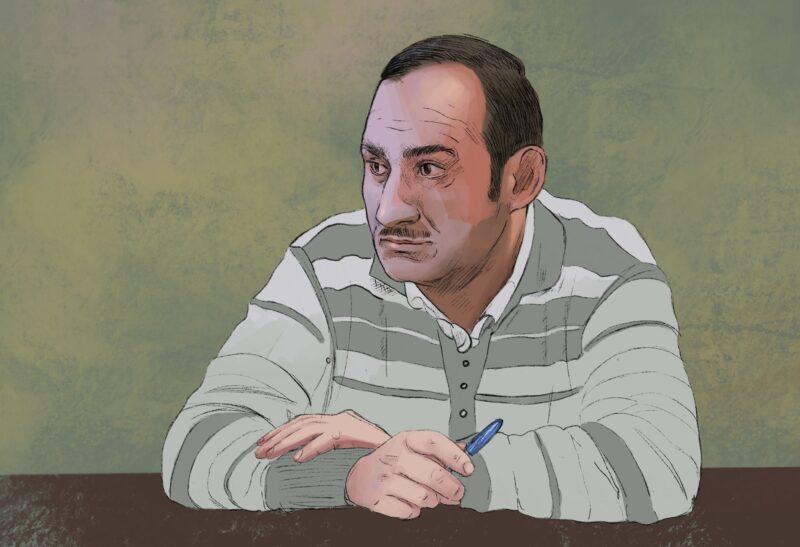An Armenian delegation, accompanied by Russian peacekeepers, has arrived in Yevlakh, Azerbaijan, to initiate discussions in an ongoing bid to address the Karabakh conflict. The delegation, consisting of two members, includes David Melkumyan, who leads the “Artsakh [Nagorno-Karabakh] Democratic Party of the National Assembly” faction.
This development comes against the backdrop of reports suggesting that former Nagorno-Karabakh general Karen Cavalyan and his soldiers have refused to disarm, reflecting divisions within the Armenian population of Karabakh. While some remain inclined towards further hostilities, others have contemplated surrender.
In the midst of ongoing tensions, allegations have arisen regarding potential breaches of the ceasefire. Armenian media, referencing the “Artsakh [Nagorno-Karabakh] Ministry of Internal Affairs,” claimed that Azerbaijani armed forces violated the ceasefire agreement by purportedly opening fire from neighboring regions towards Khakendi (Stepanakert). In response to these allegations, the Ministry of Defense of Azerbaijan categorically denied them, branding them as false and a part of disinformation campaigns.
Concurrently, the Administration of the President of Azerbaijan has issued a statement regarding a meeting convened in Yevlakh on September 21. The meeting involved Ramin Mammadov, who was designated by the Azerbaijani central government to establish contact with Armenian residents of the Karabakh region, alongside Sergey Martirosyan and David Melkumyan, who were representing the Armenian population of Karabakh. Rear Admiral Oleg Semyonov, the head of the Russian side of the Russian-Turkish Joint Monitoring Center, also participated.
In the course of the meeting, Mammadov outlined plans related to reintegration efforts. The discussions unfolded with a focus on issues such as the Armenian population of Karabakh, restoring infrastructure, and organizing activities in compliance with the Constitution and laws of the Republic of Azerbaijan.
The statement also noted that the Armenian representatives expressed their need for fuel, particularly in the context of addressing social and humanitarian concerns. They additionally requested humanitarian aid in the form of food products. The statement claimed that these requests were positively received, and preparations were supposedly made to promptly supply fuel to heating systems in kindergartens and schools, as well as to meet the requirements of emergency medical assistance and firefighting services. An agreement was reportedly reached to convene the next meeting soon.
As the international community diligently observes these developments, the quest for a sustainable resolution to the Karabakh conflict persists, with close attention to the welfare of civilians.



